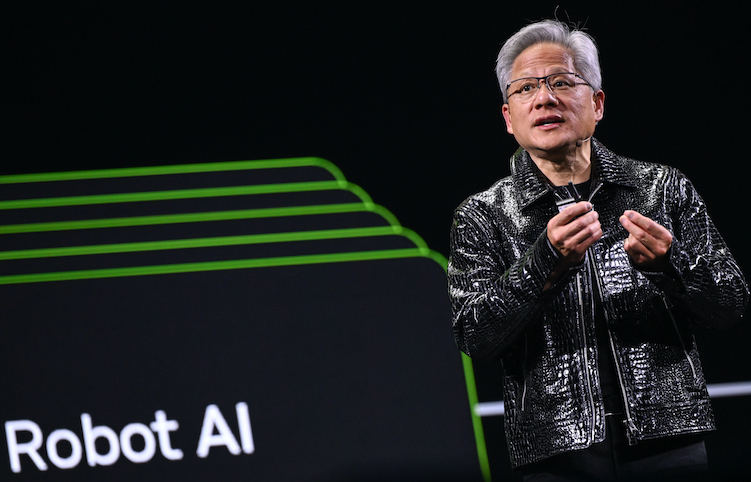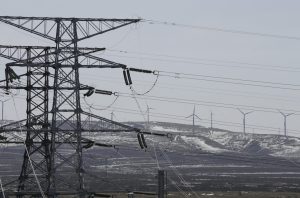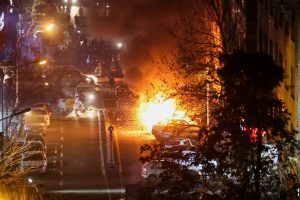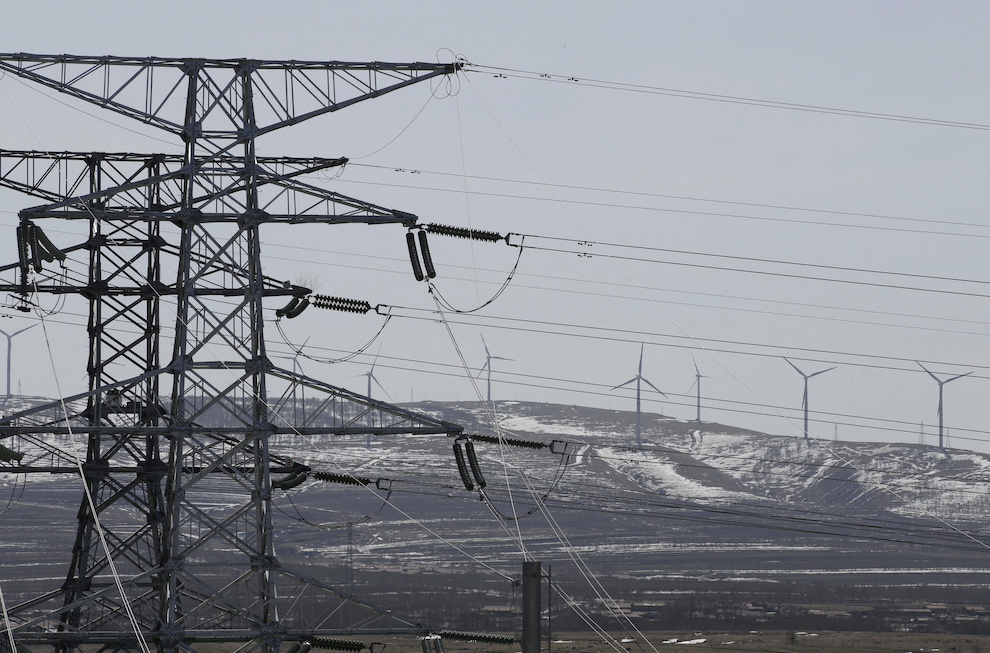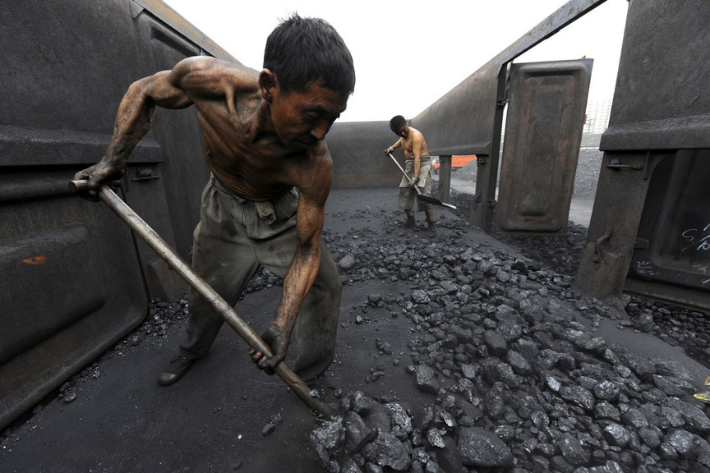Nvidia CEO Jensen Huang has sought to reassure US officials and citizens concerned about China misappropriating his company’s advanced chips on the eve of his second trip to the country this year.
In an interview with CNN, Huang said that people in America “don’t have to worry about” the Chinese military ramping up their weaponry with US technology, such as Nvidia’s advanced chips.
“We don’t have to worry about that because the Chinese military – no different to the American military – will not seek to build on top of each other’s technology. They simply can’t rely on it. It could, of course, be limited at any time,” he said, adding “not to mention that there’s plenty of computing capacity in China already in operation.
ALSO SEE: Rubio Meets Wang in KL, Says Good Chance of Trump-Xi Talks
“If you just think about the number of supercomputers that are already in China, built by amazing Chinese engineers. They don’t need Nvidia’s chips or American tech stack in order to build their military.”
Asked by CNN’s Fareed Zakaria “does it matter” which country wins the fiercely contested tech race? Huang said: “In the final analysis, I don’t think it does.”
But the founder of Nvidia, which last week became the world’s first company to be valued at $4 trillion, felt it was core to the American spirit to want to be the world’s best in computing technology.
“The computing industry is one of America’s national treasures. There is little doubt that this industry, that I’m part of, is the world’s best. And the computer industry is the industry by which every industry in the world is built on.”
The Nvidia boss agreed with a remark by Microsoft founder Bill Gates that curbs put on advanced AI chips may have been counterproductive, because it drove China to compete more aggressively to develop its own chips to compete with America’s “tech stack.”
He noted that, in the same way, the US government was recently forced to ramp up production of rare earth magnets because of restrictions imposed by Beijing in April.
Huang said China and the US were competitors, but the two countries were “highly interdependent – to the extent that we can both compete and aspire to win.
“It is fine to respect our competitors – they’re not doing anything that we don’t want for our people .. they’re not doing anything that we don’t aspire for ourselves. And so we ought to go and compete and race fast.”
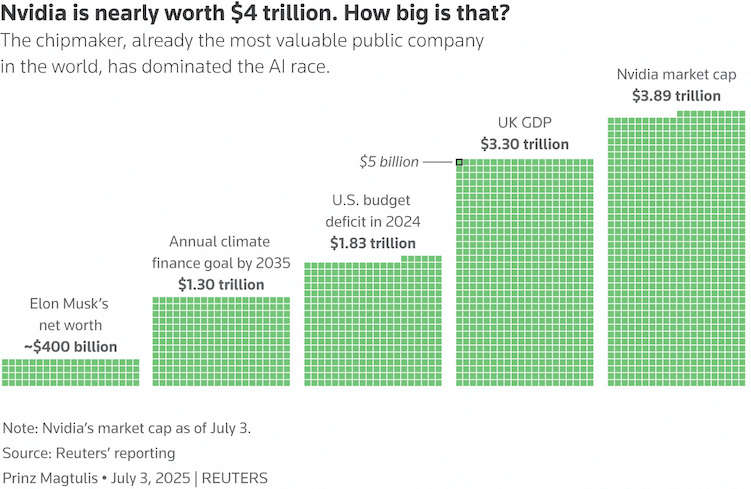
US senators: ‘Don’t meet chip cheats’
Huang’s interview with CNN came just after a pair of US senators wrote to him about his trip to China this week and warned him to refrain from meeting with companies that are suspected of undermining US chip export controls.
The letter from Republican Senator Jim Banks and Democratic Senator Elizabeth Warren asked Huang to abstain from meeting with representatives of companies that work with China’s military or intelligence bodies and are named on the US restricted export list, Reuters said.
“We are worried that your trip to the PRC could legitimize companies that cooperate closely with the Chinese military or involve discussing exploitable gaps in US export controls,” the senators wrote.
An Nvidia spokesperson said: “American wins” when its technology sets “the global standard,” and that China has one of the largest bodies of software developers in the world. AI software “should run best on the US technology stack, encouraging nations worldwide to choose America,” the spokesperson said.
In May at the Computex trade show in Taipei, Huang praised President Donald Trump’s decision to scrap some artificial intelligence chip export controls and described the diffusion rules as a failure.
US restrictions in April on AI chips Nvidia modified to comply with export controls to China would reduce Nvidia’s revenue by $15 billion, the CEO said.
The hardware necessary to power advanced AI is now subject to a bipartisan consensus related to the free export of such hardware, the senators wrote. Advanced AI hardware could “accelerate the PRC’s effort to modernize its military,” the letter reads.
US lawmakers have grown increasingly concerned about efforts to circumvent export controls to China and proposed a law that would force AI chip companies to verify the location of their products.
Last month, Reuters reported that a senior US official said the AI firm DeepSeek is aiding China’s military and intelligence operations, and sought to use shell companies to circumvent US AI chip export controls to China.
Nvidia plans to launch a cheaper version of its flagship Blackwell AI chips for China, it was reported in May.
- Jim Pollard with Reuters
ALSO SEE:
Price of Copper Soars After Trump’s 50% Tariff Threat
Climate Chaos ‘Could Disrupt Half of Global Chipmaking by 2050’
Nvidia ‘Plans Low-Cost Blackwell AI Chip For China’ After US Curbs
Nvidia’s New Tech Aims to Maintain its Grip on the AI Market
Nvidia to Build AI Supercomputer And New Office in Taiwan
Nvidia ‘to Modify H20 Chip for China to Meet New US Export Limits’
US Lawmakers Push Location-Tracking For High Powered AI Chips
China Tech Giants ‘Ordered $16 Billion of New Nvidia Chips’
Server Fraud Case in Singapore May be Linked to AI Chips, China
AI Data Centres Using Much More Water Than Expected




